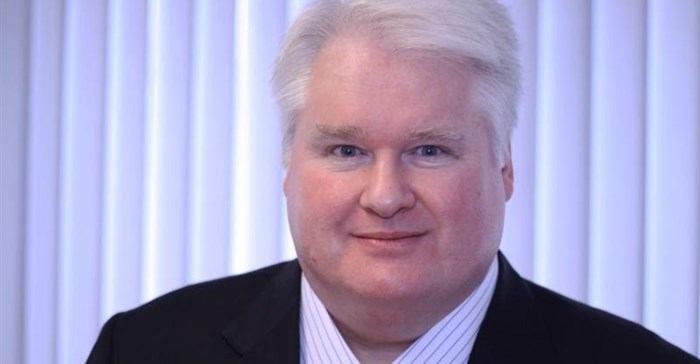Retaining domestic stability will mean facing challenges for Africa in 2017

Michael Armstrong, Regional Director, ICAEW Middle East, Africa and South Asia, said: "As we step into 2017, Business across Africa are focused on a range of domestic and external risks to economic stability. One key risk from a domestic perspective is the multiple potential sources of faster inflation in the year ahead. This economic turmoil is due to the prolonged drought that resulted in a surge in food prices, especially in East and Southern Africa, which represent a significant driver of inflation in 2017.
“Additional inflation risks emanate from local currency weakness and the wage-price effect, as workers seek higher compensation in line with high inflation, although in certain countries pressure on state finances and forced consolidation limit the degree to which wage demands can be met in the public sector".
Promoting domestic economic stability is a part of avoiding economic and financial crises, large swings in economic activity, high inflation, and booming volatility in foreign exchange and financial markets On the other hand, instability can increase uncertainty, discourage investment, impede economic growth, and lower living standards.
Michael Armstrong said: "A dynamic market economy involves some degree of volatility, as well as gradual structural change. But policymakers will need to identify how best they can reduce instability whilst still retaining the ability to improve living conditions through sustainable growth, productivity and employment.”
The report also underlines that fiscal consolidation in Zambia and Ghana will see rising utility cost in 2017, exchange rate weakness will remain a key source of inflation risk and tight forex liquidity conditions in major oil producers Nigeria and Angola will keep inflationary pressures elevated next year, by forcing importers to source their working capital on the parallel currency market.
According to The United Nations Conference on Trade and Development (Unctad), foreign direct investment (FDI) inflows into Africa fell by 7% to $54bn in 2015, with decreasing flows to SSA offsetting larger inflows to North Africa. On a regional basis. FDI inflows to West Africa declined by 18%, Central Africa experienced a 36% declined, while East Africa recorded marginally lower inflows of 2%. On the other hand, large inflows to Angola saw investment into the Southern Africa region increase by 2%.
With the recent developments in the US, Policymakers and business in Africa will be keen to see President-elect Trump's plans for trade and development policies. According to the Organisation for Economic Co-operation and Development (OECD), the US is SSA's principal benefactor in terms of bilateral official development aid (ODA). Initial signs point to an expansionary fiscal stance under the Trump administration, and some spending cuts may be necessary to accommodate increased infrastructure expenditure. This raise the risk that the world's largest economy could rein in development aid, adversely affecting dependent countries such as Ethiopia, Kenya, Tanzania, Nigeria and the Democratic Republic of the Congo (DRC).
Oxford Economics, ICAEW's partner and accredited expert in global economic forecasting, and NKC African Economics produced the Economic Insight: Africa Q4 2016 report. The full Economic Insight: Africa report can be found here.










